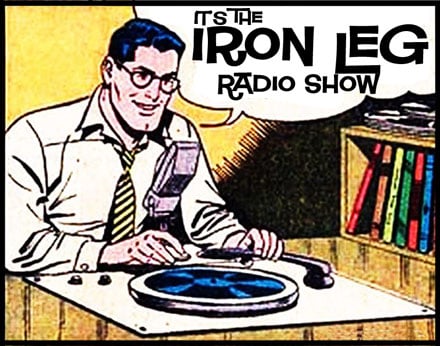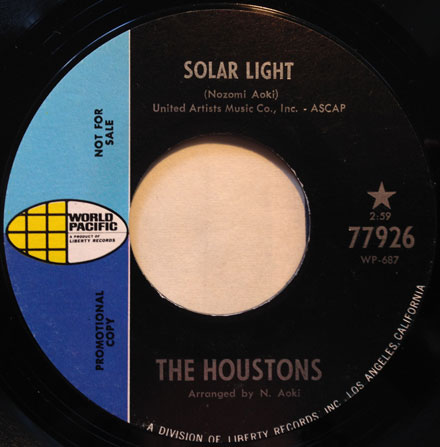
Steve Marcus

Listen/Download – Steve Marcus – Eight Miles High
Listen/Download – Steve Marcus – Half a Heart
Greetings all.
Here’s an interesting one, and you’ll know why as soon as you pull the trigger on the ones and zeros.
If you know the name Steve Marcus, you’ll know that he was primarily a jazzer, though in the late 60s he fell firmly in the camp of young jazz cats straddling the worlds of rock and jazz, like Gary Burton, Larry Coryell etc.
Marcus recorded a trio of albums for the Vortex label in 1968 and 1969, all of which included a bunch of early, fusion-ish takes on contemporary rock tunes by folks like the Beatles, Byrds, Rolling Stones, Donovan and Herman’s Hermits.
‘Tomorrow Never Knows’ was his first LP from 1968, and features Larry Coryell on guitar, and was produced by Herbie Mann.
If you dig the above-described sounds (as I do) then you’ll find a lot to dig here, with jazz on the way to psychedelia.
‘Eight Miles High’ – already an attempt to fuse Coltrane with folk rock when first recorded by the Byrds – is a pretty straight ahead reading, with just enough jazz freakout – Marcus taking it right back to Coltrane, as it were – to bug the rockers, yet maybe not enough to bring the straight jazzers back, which is OK since it was 1968 and it was all a big cauldron of bouillabaisse and nobody had to eat the whole thing anyway. It was there for the sampling.
Which brings us to the second track today in which the word sampling takes on a whole ‘nother meaning.
‘Half a Heart’ is very clearly the model for the sax line that Raphael Ravenscroft laid down in Gerry Rafferty’s 1978 hit ‘Baker Street’.
The provenance is clouded somewhat by the fact that Ravenscroft apparently denied knowing the Marcus recording (yeah, right…) and suggested that he was reworking an “old blues riff” (um, no). That,and the fact that the song ‘Half a Heart’ is credited to vibist Gary Burton, who has no memory of writing it.
Larry Coryell might by the connective tissue here, since he played on the Steve Marcus version, and then recorded his own version in 1969 (which remained unreleased until 1976) for which he took writing credit.
Either way, there’s no way that there isn’t at least an indirect line from Steve Marcus to Gerry Rafferty (apparently the demo that Rafferty handed to Ravenscroft had the riff in question already played on a guitar, in which case it may very well have been lifted from Coryell’s record), no matter how vociferously it was denied.
Check out this article in the Atlantic for more detail.
So dig the sounds, and I’ll see you next week.
Peace
Larry










